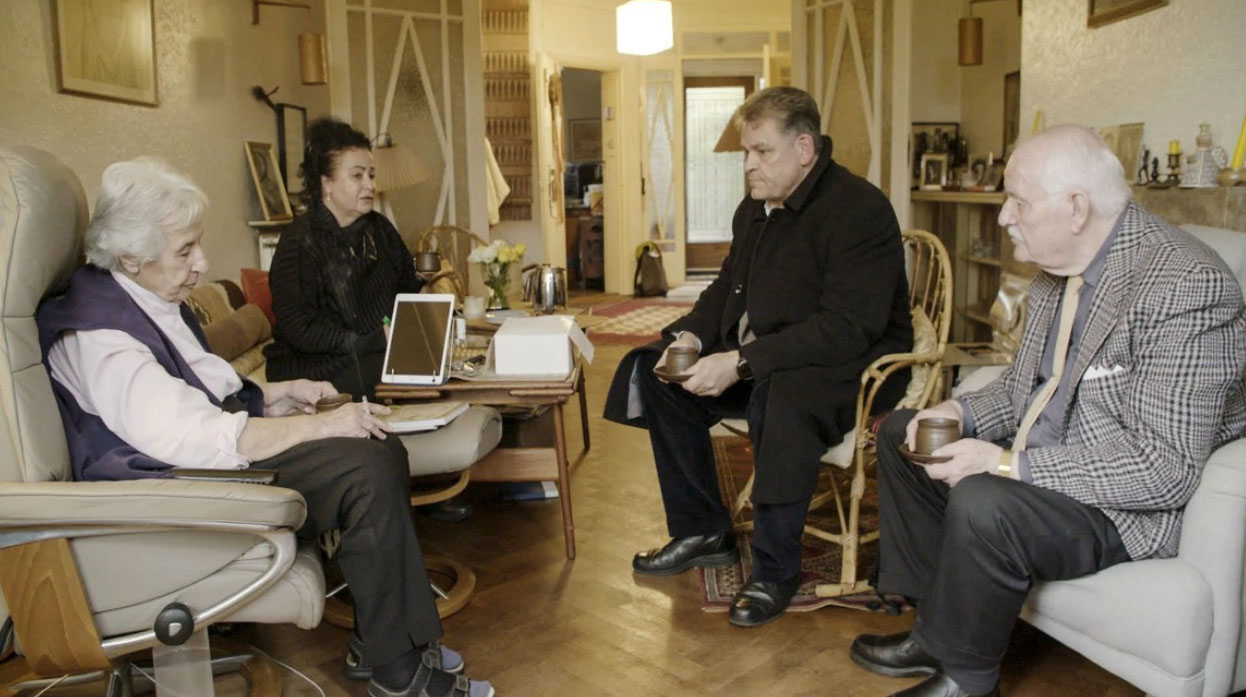In a way, Netanyahu’s view of Hamas is much closer to the views of his fiercest critics than these critics care to note. In a way, Netanyahu believes, like the critics on the left do, that Hamas is the only game in Gaza town and that Israel has no choice but to learn to live with it, for now. In a way, Netanyahu also believes, like the critics on the right do, that all Palestinians are exactly alike, and that Hamas is not much worse than other Palestinian options.
I shortly explained this in an article I wrote this morning for Maariv, where I publish my articles in Hebrew. The idea was to explain Netanyahu’s decision to act with restraint in Gaza. Of course, restraint doesn’t mean no action, it doesn’t mean that Netanyahu has suddenly become a pacifist. But it does mean, as Joshua Keating put it in Slate, that Netanyahu “looks like a peacenik compared with his cabinet right”. Keating noted, rightly, that “the most aggressive political pushback he’s gotten during this campaign is from the right, not the left”. That is the story about which I wrote yesterday, following the sacking of Deputy Defense Minister Danny Danon.
Disillusion is the motivation behind Netanyahu’s insistence on caution and restraint. Netanyahu is no longer a member of the camp which believes that Israel can engineer a better neighbor for itself by diplomatic manipulation.
When Ariel Sharon invaded Lebanon in 1982, he believed that such manipulation is possible by using military means, and attempted to crown a new Lebanese king with which Israel can have much better relations. It ended in disaster. In 1993, the Oslo Accords were a similar, if more subtle, attempt by Israel to arrange an acceptable partner for peace. But it soon discovered that its ability to force a desired peaceful solution on a reluctant partner is limited. The partner did not cooperate. It had other ambitions.
For some years it was convenient for Israel to make it all personal – to blame it on Yassir Arafat. And of course, to some degree it was. But when Arafat disappeared from the scene it gradually became clearer that his successors – much better than him morally – still won’t buy the product that Israel is willing to sell. They are not ready to make the kind of peace that is acceptable to Israel (and of course, this claim can be made in reverse too: Israel isn’t willing to make the kind of peace that is acceptable to Palestinians).
I wrote about all this not long ago under the provocative headline “Kerry’s Mideast ‘failure’ was a success”. Here is a paragraph: “Both parties entered the talks without any hope of reaching an agreement, and both are now exiting having reached their unstated aim: to avoid a deal in which they were never interested, without having to bear the full blame for dropping the ball”. Last week, when Netanyahu spoke his mind (luckily, David Horowitz was there to pay attention), he confirmed his skepticism toward the feasibility of any agreement: “I think the Israeli people understand now what I always say: that there cannot be a situation, under any agreement, in which we relinquish security control of the territory west of the River Jordan”.
Netanyahu doesn’t want to relinquish control of the West Bank because he doesn’t trust the Palestinians to guard this territory. Surely not someone like Hamas, but also not Fatah or the Palestinian Authority. The practical meaning of this is easy to follow: for Netanyahu, the difference between Hamas and other Palestinians is small. Of course, Hamas is worse, more radical, more hostile. But at the bottom of things, Israel can’t trust either of the factions, and can’t build on the assumption that one faction (Fatah) is going to tame the other (Hamas).
That is one reason why there’s no incentive for Netanyahu to want to topple Hamas rule in Gaza. Hamas is terrible, but even if it no longer rules Gaza Israel still can’t trust anyone else to do an inherently better job at handling the security situation. If the idea of those who want to get rid of Hamas was ‘Hamas leaves, Abbas gets in, negotiations resume, peace emerges’, Netanyahu doesn’t buy it.
This makes him both more dovish and more hawkish at the same time.
More dovish in the sense that his goals are modest, that his belief in a permanent calm achieved by Israeli fire power is low. Netanyahu is much humbler than his right wing critics are. He doesn’t “negotiate” with Hamas, but he accepts its presence as a fact without pretending that it can be ignored or circumvent by talking to someone else (presumably, Abbas).
But he is also more hawkish than some people assume. That is, because he doesn’t really believe that replacing Hamas with Abbas would make such a big difference for Israel. Surely it doesn’t make a difference if the revolution in Gaza will be a result of Israeli action rather than an internal Palestinian process of disillusionment with Hamas.























 More news and opinions than at a Shabbat dinner, right in your inbox.
More news and opinions than at a Shabbat dinner, right in your inbox.